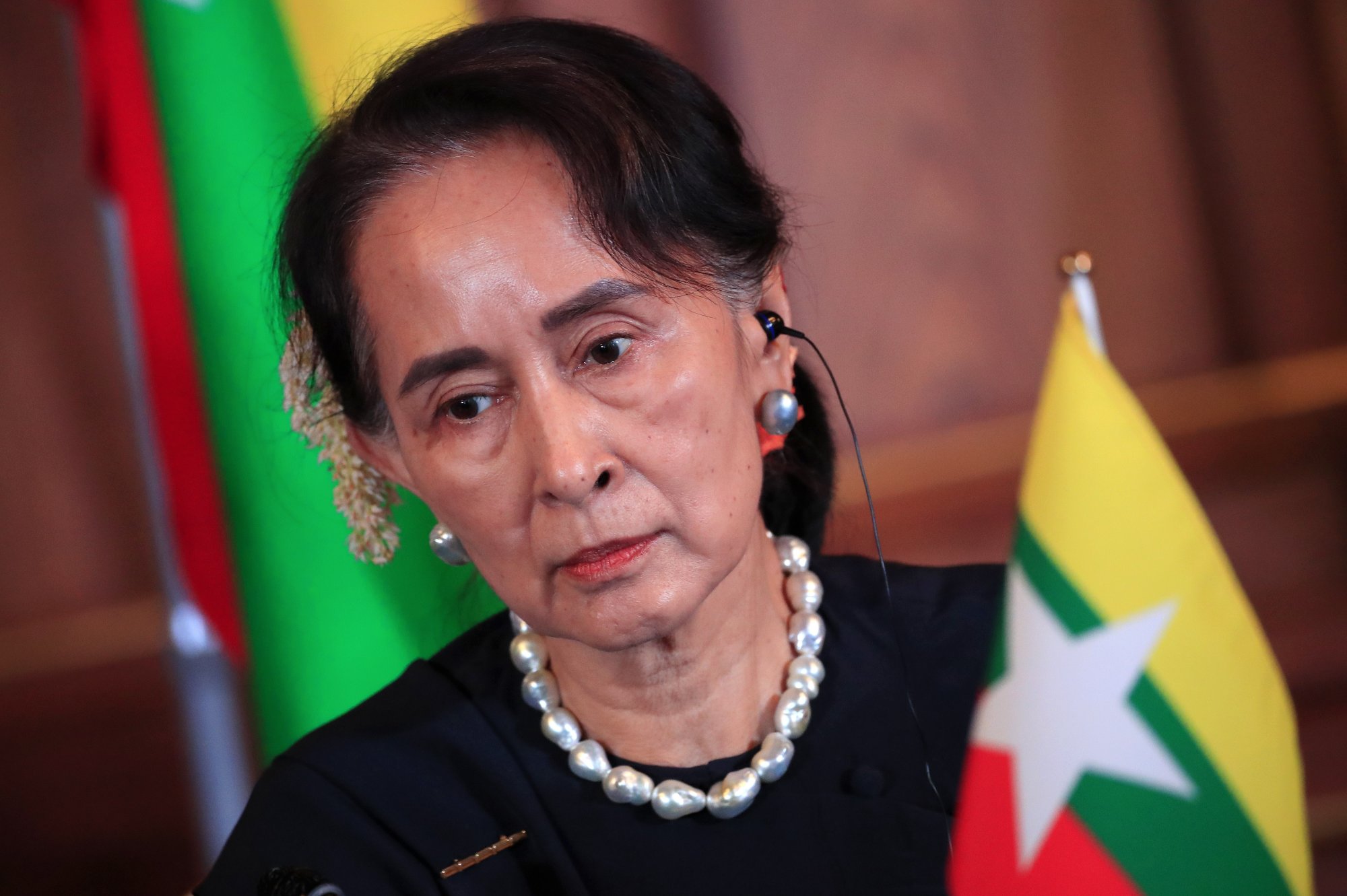Myanmar’s Vice-President Henry Van Thio, who served in the elected government of Aung San Suu Kyi and then continued in the position after the military ousted her to seize power in 2021, is stepping down for unspecified health reasons, state media said Monday.
State television MRTV announced on Monday night that 65-year-old Van Thio had been allowed to retire from his post for health reasons in accordance with the constitution but did not provide any details of his health or say who, if anyone, will replace him.
Van Thio was the only member of Suu Kyi’s National League for Democracy party to stay on as a member of the National Defence and Security Council after the military seized power from the elected government of Suu Kyi in February 2021.
The council, established under a previous military government, is the highest constitutional government body responsible for security and defence affairs and is nominally led by the president. However, in practice, it is controlled by the military. Its membership is made up of the top military chiefs and cooperative politicians.
It played a key role in the February 2021 military takeover when the President in Suu Kyi’s government, Win Myint, was detained with her, and First Vice-President Myint Swe, a member of a pro-military party became acting president. The move allowed the council to be convened, declare a state of emergency and hand over power to military chief Senior General Min Aung Hlaing.
Although the army claims it took power constitutionally, legal scholars generally describe its action as illegal. It has renewed the state of emergency several times.
Myanmar’s neighbours sit on the sidelines as it slides into chaos
Myanmar’s neighbours sit on the sidelines as it slides into chaos
Van Thio has played no apparent active role in the military government aside from helping to provide it with the veneer of constitutional rule.
He almost completely disappeared from public view until his first known attendance at the National Defence and Security Council meeting in July last year, when the state of emergency was extended for the fourth time. He was absent from the council’s earlier meetings to extend emergency rule, with bad health cited as the reason. He was reportedly treated in hospital in January last year because he suffered a serious head injury in a fall at his residence in the capital, Naypyidaw.
A few days after last July’s council meeting, the National League for Democracy announced it had expelled him from the party because of his attendance at the meeting. The party in March last year was dissolved by the military government, whose legitimacy it does not recognise, for failing to meet a registration deadline.

Suu Kyi’s party boosted its majority in the November 2020 election, but in February 2021, the army blocked all elected lawmakers from taking their seats in parliament and seized power, detaining top members of Suu Kyi’s government and party, except Van Thio and Myint Swe,
The army said it staged its 2021 takeover because of massive poll fraud, though independent election observers did not find any major irregularities.
The army takeover was met with widespread popular opposition. After peaceful demonstrations were put down with lethal force, many opponents of military rule took up arms, and large parts of the country are now embroiled in conflict.






.jpg&h=630&w=1200&q=75&v=20170226&c=1&w=350&resize=350,250&ssl=1)



